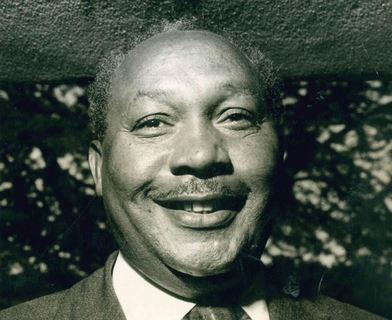×
The Standard e-Paper
Join Thousands Daily

For 38 years, the family of late Cabinet minister Mbiyu Koinange has been fighting over his estate estimated to be worth over Sh30 billion.
The battle, which has seen them walk through the High Court, Court of Appeal, Supreme Court and back to the High Court since the patriarch’s death in 1981 is almost coming to an end after the beneficiaries made proposals on how they want the multi-billion-shilling properties divided.